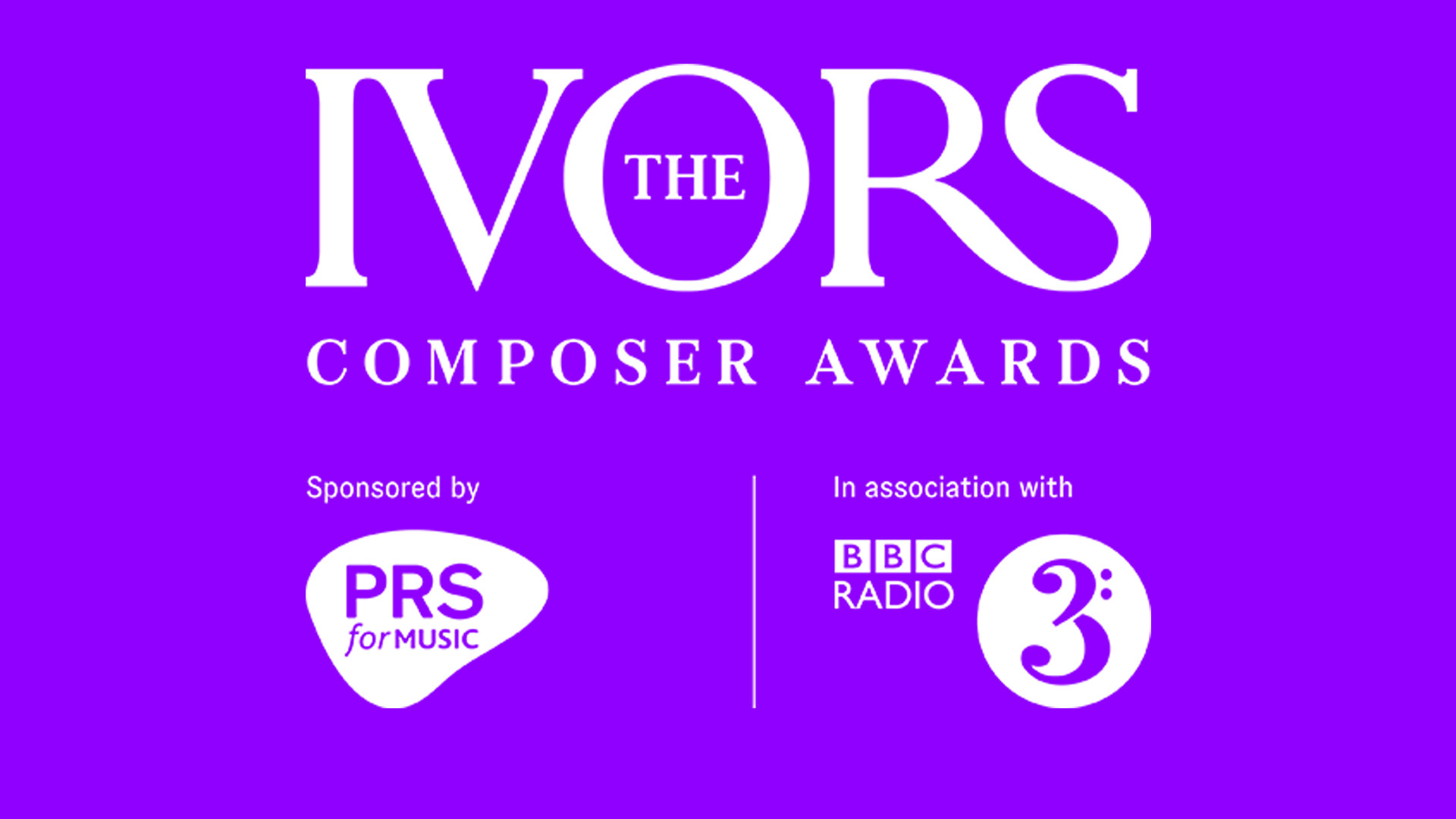Tag: Ivors Composer Awards
-

Ivors Composer Awards 2021 nominees announced
The winners of the 2021 Ivors Composer Awards will be announced on 8 December and broadcast on BBC Radio 3 on 11 December.
-

Highlights from the Ivor Composer Awards 2019
Composers don’t always get the exposure they deserve. Awards ceremonies like the Ivors place them front and centre.